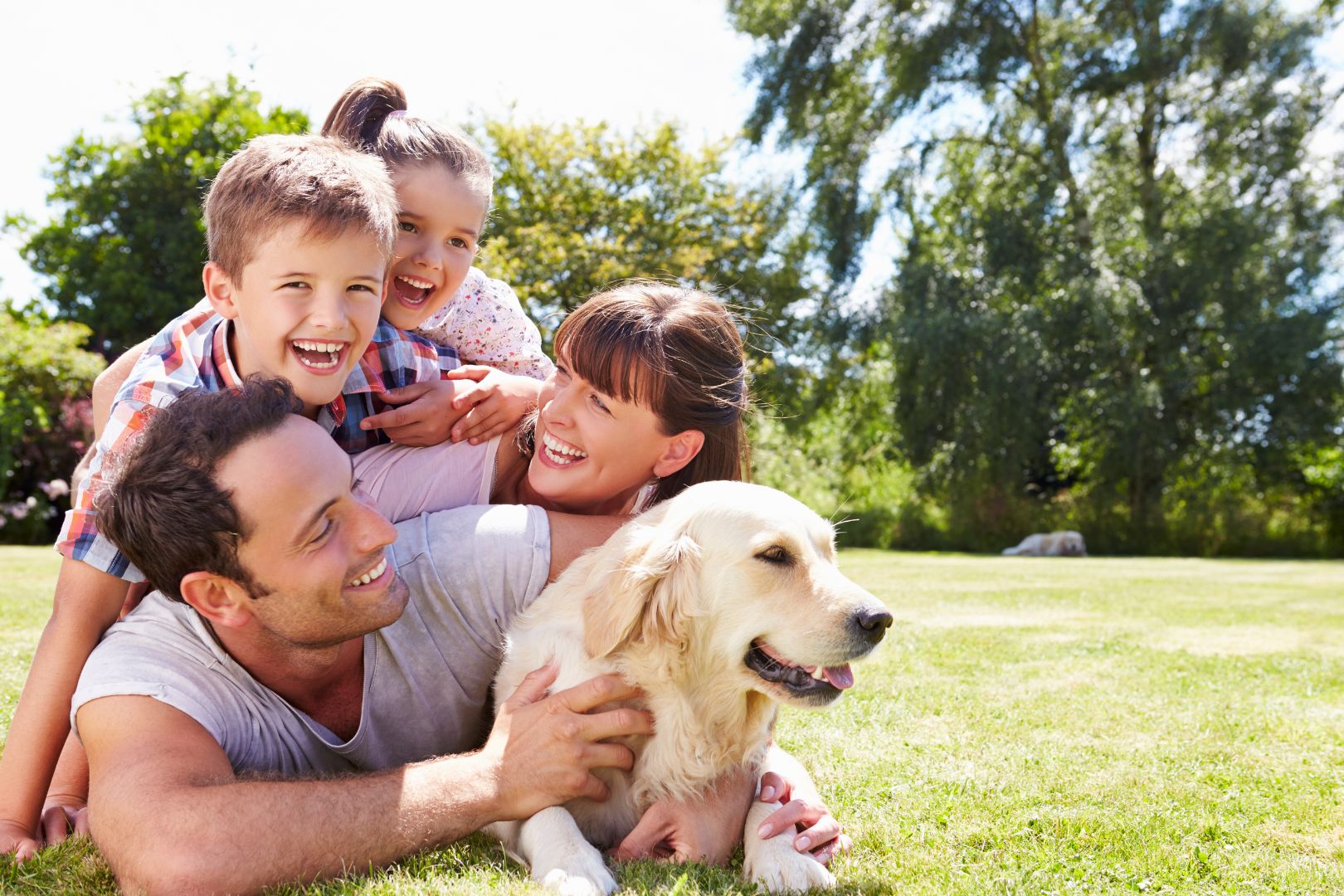Keeping your dog happy and healthy is essential for their overall well-being and longevity. As a dog owner, it’s important to focus not only on your pet’s physical health but also on their mental and emotional well-being. A healthy dog is one that receives proper nutrition, exercise, grooming, mental stimulation, and regular veterinary care. In this guide, we will explore various aspects of dog care to help ensure your furry friend leads a balanced, fulfilling life.
Nutrition: The Foundation of Good Health
One of the most critical factors in keeping your dog healthy is ensuring they receive the right nutrition. A well-balanced diet tailored to their breed, age, and activity level plays a key role in their growth, energy levels, and overall health.
Choosing the Right Dog Food
There are numerous types of dog food available, including dry kibble, wet food, raw diets, and homemade meals. Selecting the right one for your dog depends on their specific needs. For example, puppies require food rich in protein and calories for growth, while senior dogs may need a diet low in fat and calories to prevent weight gain. Look for high-quality dog food that lists meat as the first ingredient and contains the necessary vitamins and minerals.
Portion Control and Feeding Schedule
Overfeeding is a common problem that can lead to obesity, which in turn increases the risk of health issues such as diabetes, heart disease, and joint problems. Establishing a feeding routine and controlling portions are essential to maintaining your dog’s ideal weight. Most dogs should be fed twice a day, but the amount depends on their size, age, and activity level.
Additionally, avoid giving your dog too many treats or table scraps, as these can contribute to weight gain and poor nutrition. Instead, opt for healthy, dog-friendly treats in moderation.
Regular Exercise: Keeping Your Dog Physically Active
Exercise is not just about keeping your dog physically fit; it also plays a crucial role in their mental health. Regular physical activity helps reduce anxiety, boredom, and destructive behaviors.
Daily Walks and Playtime
All dogs, regardless of breed, need regular walks to stay healthy and happy. Walking provides not only physical exercise but also mental stimulation as your dog encounters new smells, sights, and sounds. Aim for at least 30 minutes to an hour of walking each day, depending on your dog’s breed and energy level.
In addition to walks, incorporate playtime into your dog’s routine. Playing fetch, tug-of-war, or interactive games like hide-and-seek can help burn off excess energy and strengthen the bond between you and your dog.
Tailoring Exercise to Your Dog’s Needs
Different breeds have different exercise requirements. For instance, high-energy breeds like Border Collies and Labrador Retrievers need more vigorous exercise, such as running or agility training. In contrast, smaller or more sedentary breeds, such as Bulldogs or Basset Hounds, may only require moderate exercise.
Make sure to adjust your dog’s exercise routine based on their age and health condition. Older dogs may not be able to handle the same level of activity as younger dogs and might benefit more from gentle walks and light play.
Mental Stimulation: Keeping Your Dog’s Mind Sharp
Mental stimulation is just as important as physical exercise when it comes to your dog’s well-being. Dogs are intelligent creatures that need to be challenged and engaged to prevent boredom and behavioral problems.
Puzzle Toys and Interactive Games
Puzzle toys, treat-dispensing toys, and interactive games can provide hours of entertainment and mental stimulation for your dog. These activities challenge their problem-solving skills and keep their minds sharp. For example, hide treats in a puzzle feeder or scatter them around the house for your dog to find.
Training and Socialization
Training is another excellent way to keep your dog mentally stimulated while also reinforcing good behavior. Teaching your dog new tricks or commands challenges their brain and strengthens your bond. Socialization is equally important for a dog’s mental health. Regularly exposing your dog to different environments, people, and other dogs can help reduce anxiety and improve their behavior in unfamiliar situations.
Grooming: A Key Component of Health and Comfort
Grooming is often overlooked, but it’s a crucial aspect of dog care that contributes to their overall health and happiness. Regular grooming helps prevent health issues such as skin infections, matting, and overgrown nails.
Coat Care and Bathing
The frequency of grooming depends on your dog’s breed and coat type. Long-haired breeds like Shih Tzus or Collies require more frequent brushing to prevent matting, while short-haired breeds like Pugs or Boxers need less maintenance. Regardless of coat type, regular brushing helps remove loose fur and distribute natural oils, keeping your dog’s skin healthy.
Bathing your dog too often can strip their skin of natural oils, leading to dryness and irritation. Most dogs only need a bath every few weeks, but this can vary based on their activity level and coat type.
Nail Trimming and Dental Care
Regular nail trimming is important for your dog’s comfort and mobility. Overgrown nails can cause pain and even lead to joint problems over time. If you’re unsure how to trim your dog’s nails, consult a veterinarian or professional groomer.
Dental care is another critical aspect of grooming. Poor dental hygiene can lead to plaque buildup, gum disease, and even tooth loss. Brushing your dog’s teeth regularly with a dog-specific toothbrush and toothpaste can help prevent these issues. Dental chews and toys can also aid in maintaining oral health.
Regular Vet Check-ups: Preventing and Treating Health Issues
Routine veterinary visits are essential for keeping your dog healthy and catching potential health problems early. Regular check-ups allow your vet to monitor your dog’s weight, dental health, and overall condition.
Vaccinations and Preventative Care
Vaccinations are crucial for preventing serious diseases like rabies, distemper, and parvovirus. Your vet will recommend a vaccination schedule based on your dog’s age, breed, and health status. Additionally, regular flea, tick, and heartworm prevention are necessary to protect your dog from parasites.
Senior Dog Care
As dogs age, their health needs change. Senior dogs may require more frequent veterinary visits and adjustments to their diet and exercise routines. Common health issues in older dogs include arthritis, vision or hearing loss, and cognitive decline. Regular vet check-ups and early detection of these issues can improve your senior dog’s quality of life.
Conclusion
Caring for your dog’s physical, mental, and emotional well-being is essential for ensuring they live a happy and healthy life. By providing proper nutrition, regular exercise, mental stimulation, grooming, and preventative healthcare, you can help your dog thrive. Dogs depend on their owners for all aspects of care, and with the right attention and dedication, you can enjoy many joyful years together with your furry companion.
















Get involved!
Comments